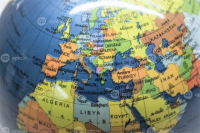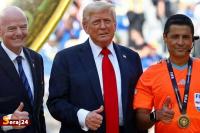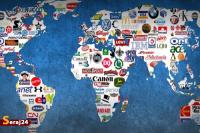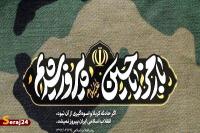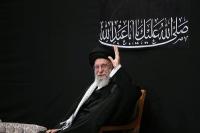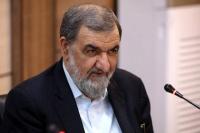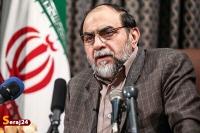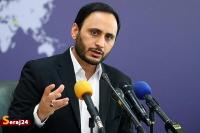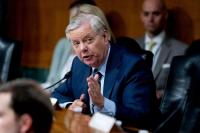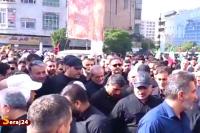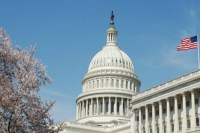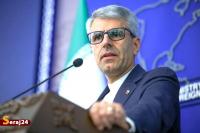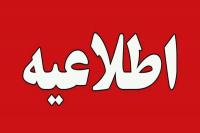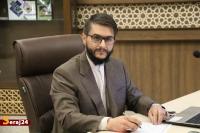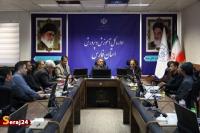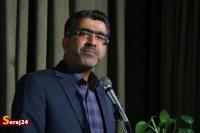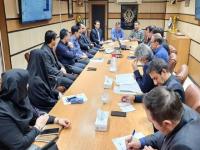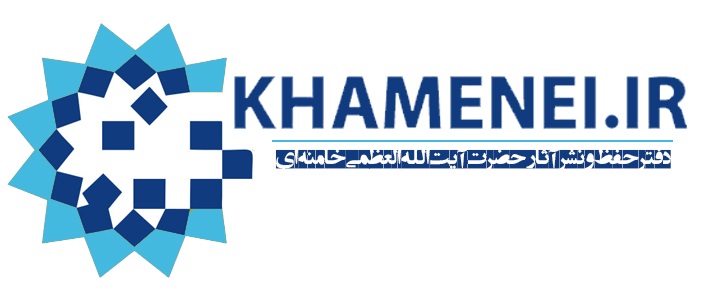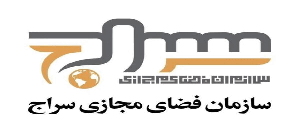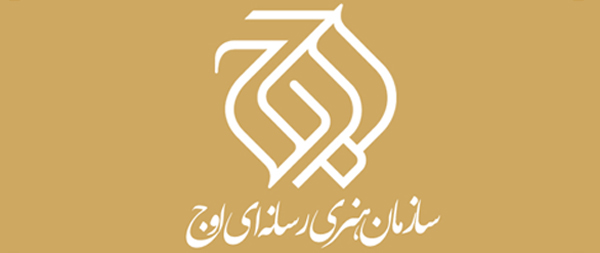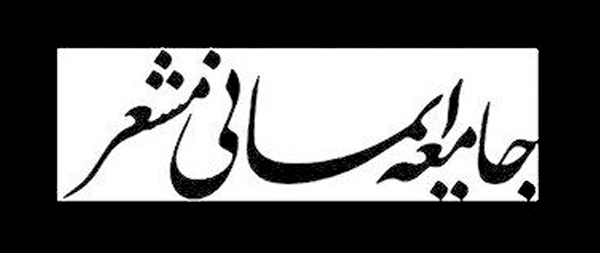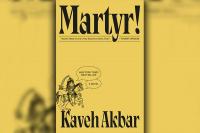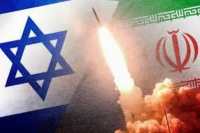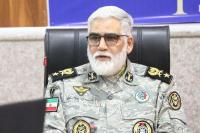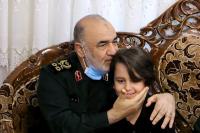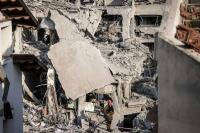
In a speech at the 49th Munich Security Conference in Munich Germany on Saturday, Lavrov called for addressing crises in the countries through comprehensive dialogue away from the policies of foreign dictates and sanctions, Syrian Arab News Agency (SANA) reported.
"We should contribute to overcoming international crises and national conflicts through advocating endeavors for organizing a national comprehensive dialogue and abandoning imposing sanctions through the Security Council, in addition to confronting terrorism and extremism with all their manifestations," said Lavrov.
He held Russia's partners in the international action group responsible for the continuation of the crisis in Syria, saying "If all the partners in Geneva action group, held last June 30th, had concentrated their efforts on implementing the Statement's items, the crisis in Syria would have ended by now."
The Russian Foreign Minister suggested holding another meeting for the action group on Syria, expressing hope that the Arab League/UN Envoy on Syria Lakhdar Brahimi would pose this idea.
"We seek establishment of stability in the Middle-East region, North Africa and the African Continent in general…We should agree that we will support democratic transformations and reforms in the countries that have found themselves on the track of reform without imposing foreign dictates on them," he added.
Syria has been experiencing unrest since March 2011 with organized attacks by well-armed gangs against Syrian police forces and border guards being reported across the country.
Hundreds of people, including members of the security forces, have been killed, when some protest rallies turned into armed clashes.
The government blames outlaws, saboteurs, and armed terrorist groups for the deaths, stressing that the unrest is being orchestrated from abroad.
In October 2011, calm was eventually restored in the Arab state after President Assad started a reform initiative in the country, but Israel, the US and its Arab allies are seeking hard to bring the country into chaos through any possible means. Tel Aviv, Washington and some Arab capitals have been staging various plots in the hope of increasing unrests in Syria.
The US daily, Washington Post, reported in May that the Syrian rebels and terrorist groups battling al-Assad's government have received significantly more and better weapons in recent weeks, a crime paid for by the Persian Gulf Arab states and coordinated by the United States.
The newspaper, quoting opposition activists and US and foreign officials, reported that Obama administration officials emphasized the administration has expanded contacts with opposition military forces to provide the Persian Gulf nations with assessments of rebel credibility and command-and-control infrastructure.
According to the report, material is being stockpiled in Damascus, in Idlib near the Turkish border and in Zabadani on the Lebanese border.
Opposition activists who several months ago said the rebels were running out of ammunition said in May that the flow of weapons - most bought on the black market in neighboring countries or from elements of the Syrian military in the past - has significantly increased after a decision by Saudi Arabia, Qatar and other Persian Gulf states to provide millions of dollars in funding each month.




